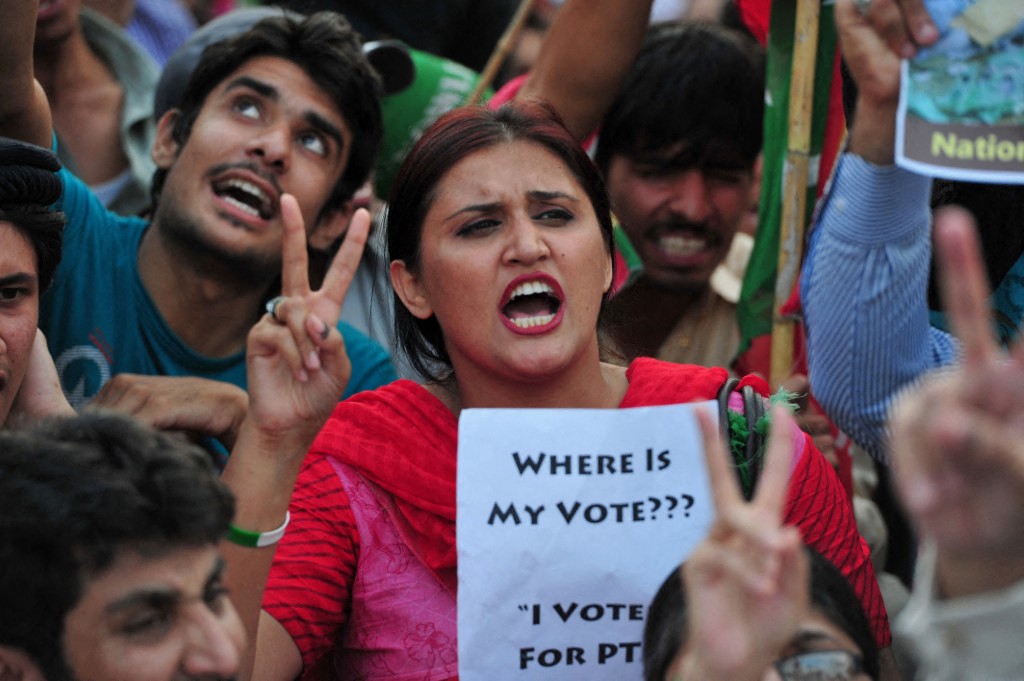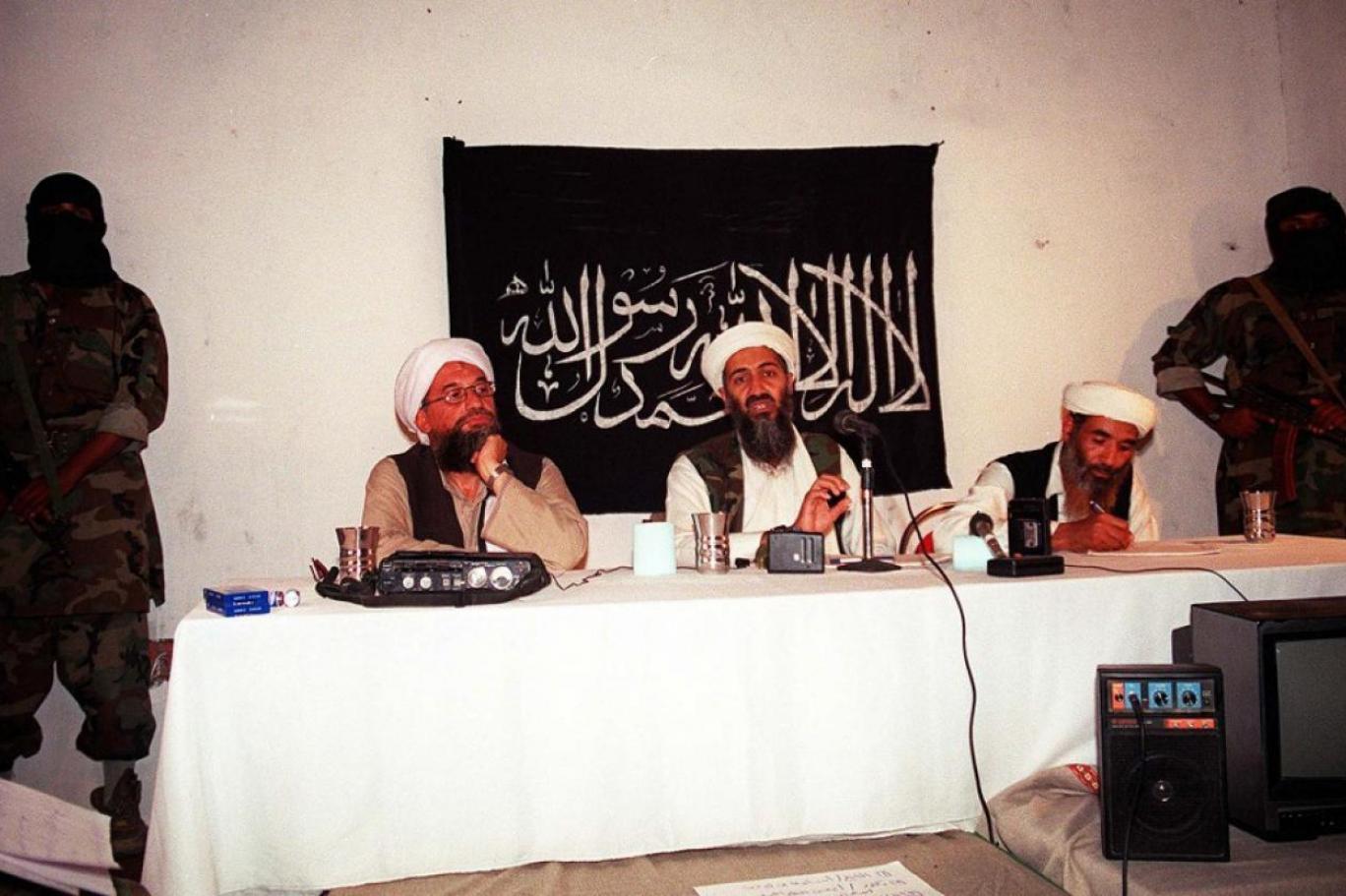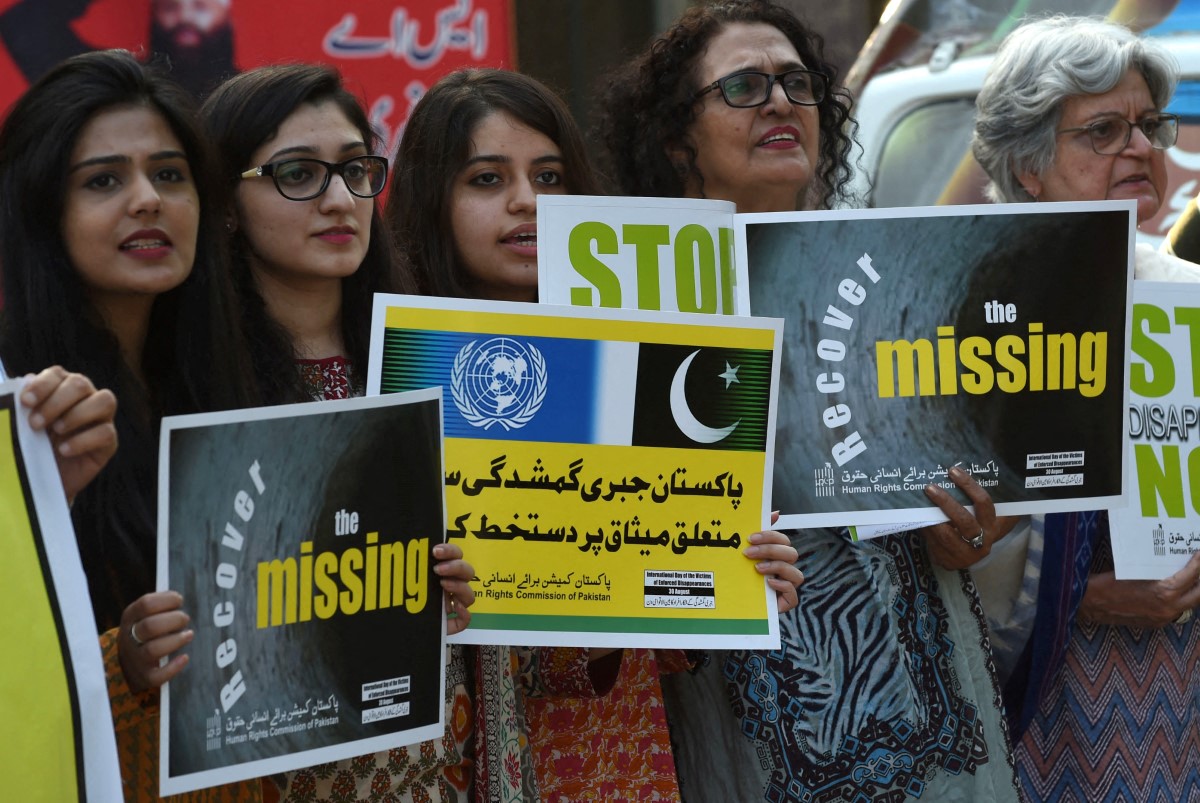Committees or commissions of inquiry have been formed to investigate various important incidents in Pakistan in the last two decades, but there are very few commissions of inquiry whose reports can be made public.
But why are these commissions of inquiry formed and have the commissions formed so far been of any use or are commissions formed to cool down the matter temporarily?
Recently, the government has announced the formation of an inquiry commission headed by retired Justice Tasadeq Hussain Jilani after the letter of six High Court judges came to light.
Independent Urdu has prepared this report regarding the commissions formed in the past, their investigations and their results and has tried to know the opinions of experts in this regard.
Senior journalist and analyst Shaukat Pracha while talking to Independent Urdu said that ‘In Pakistan, a commission of inquiry is formed on every important issue which is formed under the Commission of Inquiry Act 1956.
From the assassination of Liaquat Ali Khan to the Abbottabad incident, commissions were also made and reports were also made. It is not that the commission does not work or that the house is a fairy.
The commission works and the report is also written. But the next step is to implement the results of the report which does not happen. And generally the reports are not made public.’
He said that the report of the inquiry commission that was formed on the 2013 elections, which was headed by former Chief Justice Nasir Mulk, wrote its findings and the report also came out in public, in which it was said that the four constituencies The allegation is not true, but the results of the 2013 elections have been called the general public’s vote.
“Similarly, a commission has also been formed on the issue of the judges’ letter, which will also work.”
Senior Interior Journalist Zulqarnain Haider, who has reported on the proceedings of several commissions in the last two decades, told Independent Urdu that ‘Commissions are always created to investigate a case.
“Until now, as many inquiry commissions have been formed in Pakistan, either their reports have not been made public or if the report has reached the relevant institutions, then the action has not been started.”
He said, ‘As I give you an example, there is Faizabad Dharna Commission which was formed under the chairmanship of retired IG Akhtar Shah. This commission has submitted its final report, now there is no information regarding when it will be implemented.
Abbottabad Inquiry Commission was formed headed by Justice Retired Javed Iqbal, the report was completed and submitted but that report was not made public.
“When Sherry Mazari’s NAB arrest was declared illegal, an inquiry commission was formed to find out where these orders came from, why the arrest took place, but the report of this commission has not yet come.”
How does the Commission of Inquiry work?
According to the information available, when the commission is formed, after the request of the head of the commission, assistant officers are also provided to him and some serving officers are also hired.
After that, a regular secretariat is also created for the commission and the entire office is prepared for them. All institutions are bound to provide all possible assistance to the Commission.
The Commission is empowered to summon any serving or retired officer and his statement shall be recorded. After recording the evidence and statements, the commission prepares its report on what evidence has been obtained so far, who had what role, then the commission gives its final opinion on what should be done.
Recommendations are made to the government against whoever is involved, that according to the investigation of the commission, these are the involved persons against whom action can be taken.
Apart from this, recommendations are also sent to prevent such incidents in future.
What are the privileges of commission heads?
How are the heads of the Commission of Inquiry paid salaries or allowances and budgeted?
On this question, Zulqarnain Haider, a senior journalist of Interior Affairs, said that ‘all the commissions are headed by either retired judges or retired bureaucrats, all these gentlemen take TADA and privileges.
“Not only this, they also adjust various acquaintances with them in the investigation process and money is taken from the government to pay their salaries.”
According to him, ‘Rather, this matter was also brought up in the Supreme Court that when retired government officials are appointed as heads of the commission, what kind of additional salary is provided to them because they are getting pension from the government.
“That’s why we can say that all the commissions that have been formed have not been implemented, but a lot of money is spent on it from the national treasury.”
Which are the famous inquiry commissions of Pakistan?
Hamudur Rehman Commission
The Hamud-ur-Rehman Commission was set up to find out the reasons for the division of Pakistan to determine the people responsible for how East Pakistan split and why the forces surrendered.
This commission of inquiry was formed under the chairmanship of Justice Retired Hamudul Rahman, which was later called by the same name.
The commission recorded statements in four months and made its recommendations in two years, but the report of this commission could not be made public due to national interest.
Abbottabad Commission
A commission of inquiry was subsequently formed by the government of Pakistan to find out the facts surrounding the death of al-Qaeda leader Osama bin Laden in Abbottabad, Pakistan on May 2, 2011.
But even after 13 years, the report of the commission has not been made public. The Abbottabad Inquiry Commission was headed by Justice Retired Javed Iqbal, the commission submitted its report to the government in January 2013.
Quetta Kharotabad Commission
In May 2011, an inquiry commission headed by Balochistan High Court Justice Mohammad Aslam Hashim Kakar was formed to investigate the deaths of five Chechen nationals by security personnel in Quetta’s Khorotabad area.
The security personnel targeted them as suspected suicide bombers, while later the residents were seen in the CCTV footage, after which an inquiry commission was formed to investigate the matter, but its report was also not made public.
Memogate Commission
In 2012, the Memogate Commission was formed under the chairmanship of Justice Qazi Faizaisa.
In 2011, a report appeared in the British newspaper Financial Times which claimed that a Pakistani official based in the US had written a letter to US official Mike Mullen requesting that Pakistan’s military and intelligence agencies be brought under control.
The memo was sent in May 2011 shortly after Osama bin Laden’s presence at a house in Abbottabad and his death in a US strike.
According to the media reports of that time, this memo was actually sent by Hussain Haqqani, Pakistan’s ambassador to America at that time, to President Asif Ali Zardari.
A commission was formed to investigate this memo after there was a strong reaction to this news in Pakistan.
In June 2012, a three-member commission headed by Justice Qazi Faiz Isa submitted its report to the Supreme Court.
The contents of which were read out by its Chief Justice in a nine-member larger bench.
2013 Election Inquiry Commission
In 2015, on the allegations of Tehreek-e-Insaf, a three-member commission was formed under the chairmanship of the then Chief Justice Nasir-ul-Mulk.
The commission, which also included Justice Ameer Hani Muslim and Justice Ijaz Afzal Khan, proceeded for three months and issued a report later rejecting allegations of systematic rigging.
Missing Persons Commission
The details of the commission formed in 2011 on the issue of missing persons were submitted to the Supreme Court in January this year.
This section contains related reference points (Related Nodes field).
According to which, a total of 35 officers and employees are appointed in the Missing Persons Commission, whose monthly salaries are more than 15 lakhs.
The head of the commission, Justice Retired Javed Iqbal, receives a monthly salary of 674,000.
According to the report, 260 cases of Punjab, 163 of Sindh, 1336 of KP are pending in the commission. 468 cases of Balochistan, 55 of Islamabad, 15 of Azad Kashmir are pending.
Sahiwal Incident Commission
In January 2019, the counter-terrorism department of the police fired indiscriminately at a vehicle during a suspicious encounter on GT Road near Sahiwal.
As a result of the firing, four people, including a civilian Khalil, his wife and 13-year-old daughter, were killed and three children were injured, while three alleged terrorists were claimed to have escaped.
Due to the strong reaction to the issue, former Prime Minister Imran Khan, three months after the Sahiwal tragedy, accepted the demand of the relatives and ordered the formation of a judicial commission to investigate the tragedy.
However, no progress has been made on this issue yet.
For authentic news and current affairs analysis join Independent Urdu’s WhatsApp channel Here Click
#Pakistan #Investigation #commission #reports #action
2024-05-05 01:30:20









